This method of purification under natural sunlight opens a new paradigm in clean water production using renewable solar energy.


This method of purification under natural sunlight opens a new paradigm in clean water production using renewable solar energy.
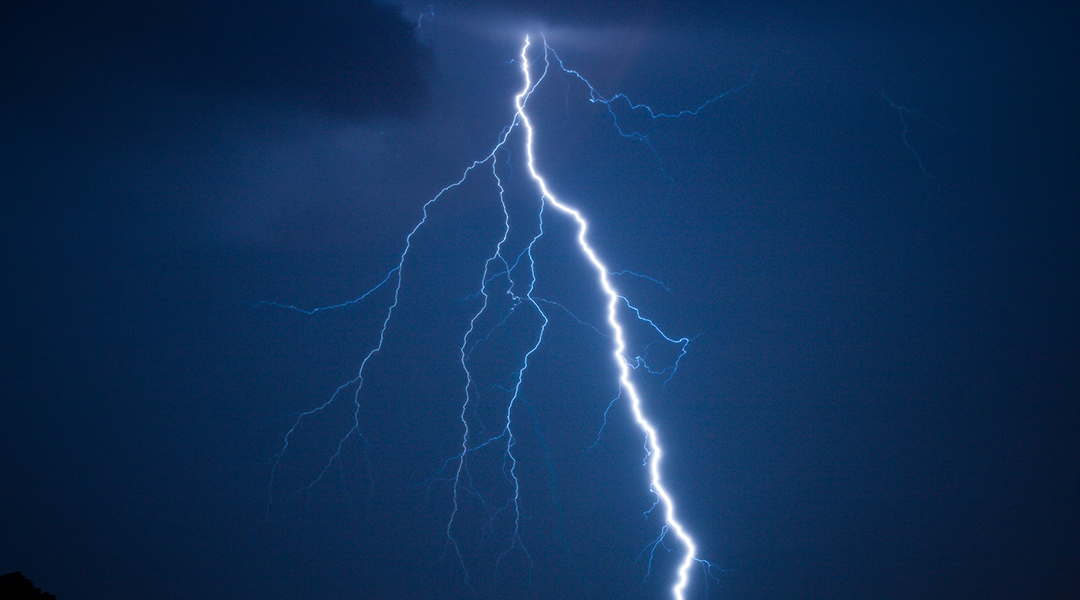
Miniature plasma reactors mimic how lightening makes renewable nitrogen fertilizer using just sunlight, water, and air.
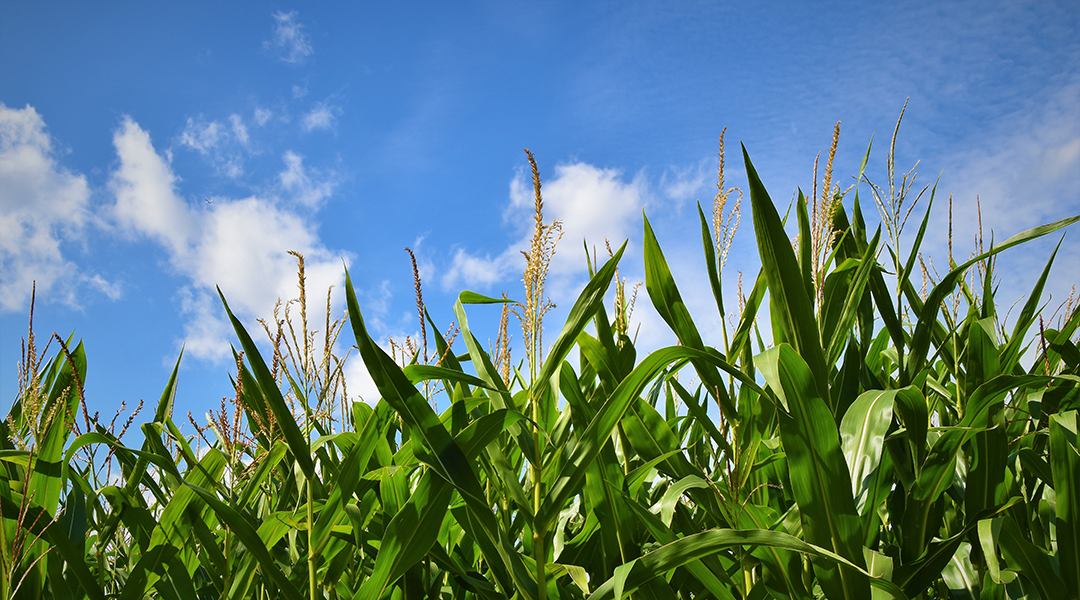
Researchers explore how the predicted increase in variable rainfall and higher temperatures will impact management of common weeds for corn production.

Permafrost thaw is impacting the availability of North American water resources. To manage this precious resource, guidelines for using new investigative tools are needed.

Both Roman law and Law of the Sea provide precedents for sharing natural resources, and the emerging trend of benefit‐sharing offers multiple and varied possibilities as well.
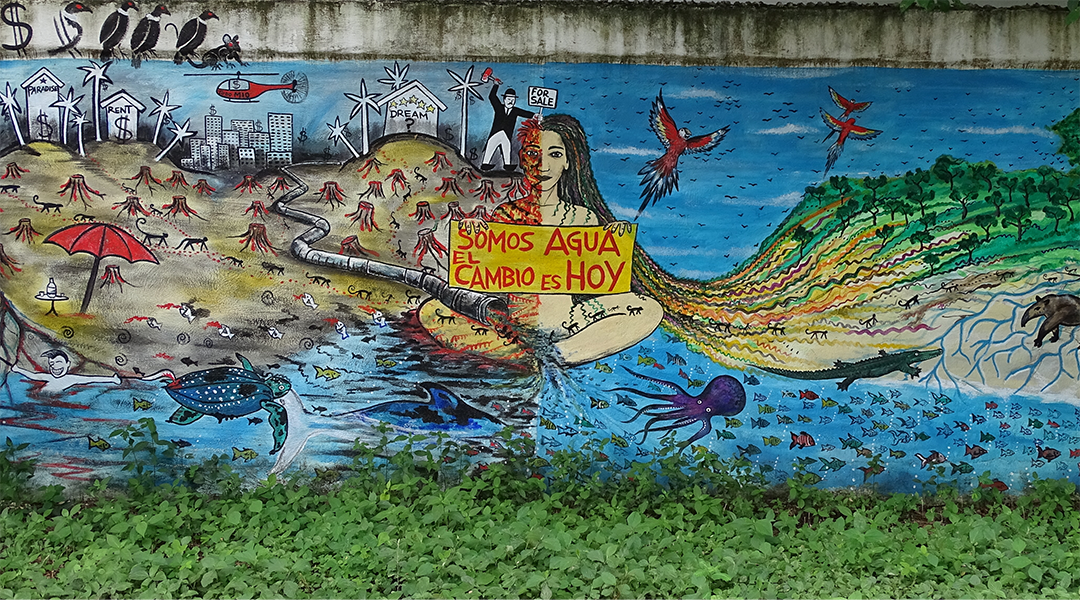
Women face greater health and safety risks when water and sanitation systems are compromised, but this has never been explored in relation to tourism.
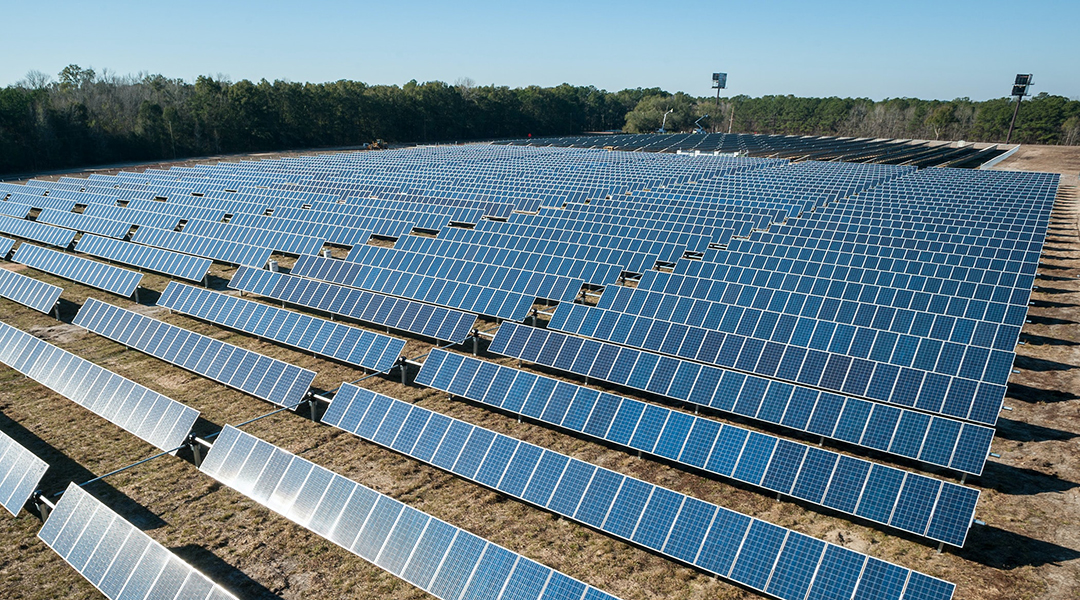
Photovoltaic-membrane distillation turns waste heat from solar panels into a power source to drive an efficient water distillation process.
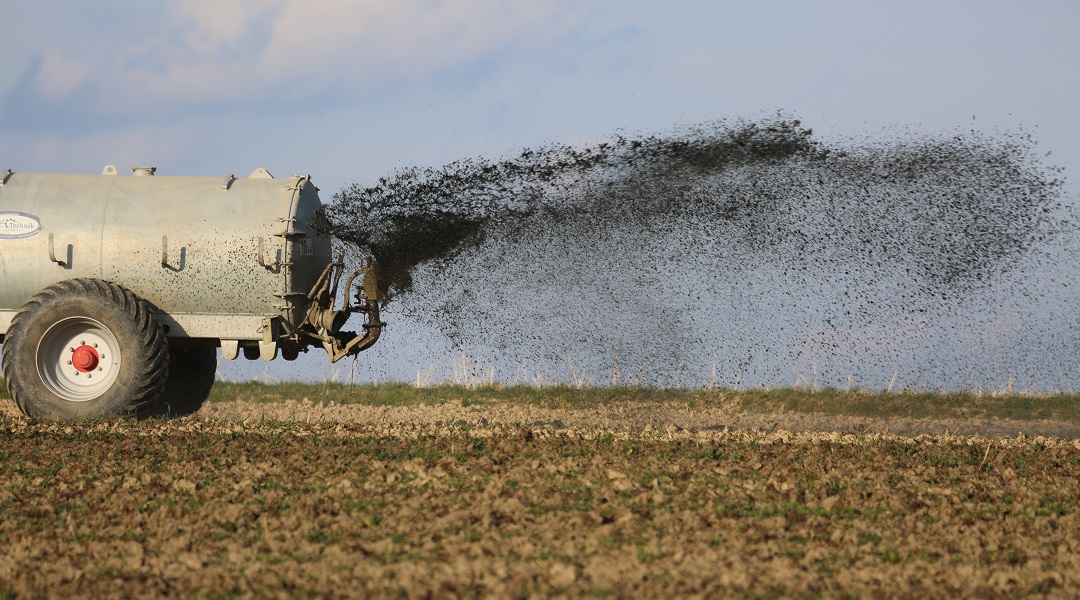
Researchers find an efficient way to convert nitrogen found in sewage into valuable ammonia.

University of Guelph researchers found Earth’s agricultural landmass could increase by one-third, including new farming in northern Canada and Russia, but not without environmental impacts.
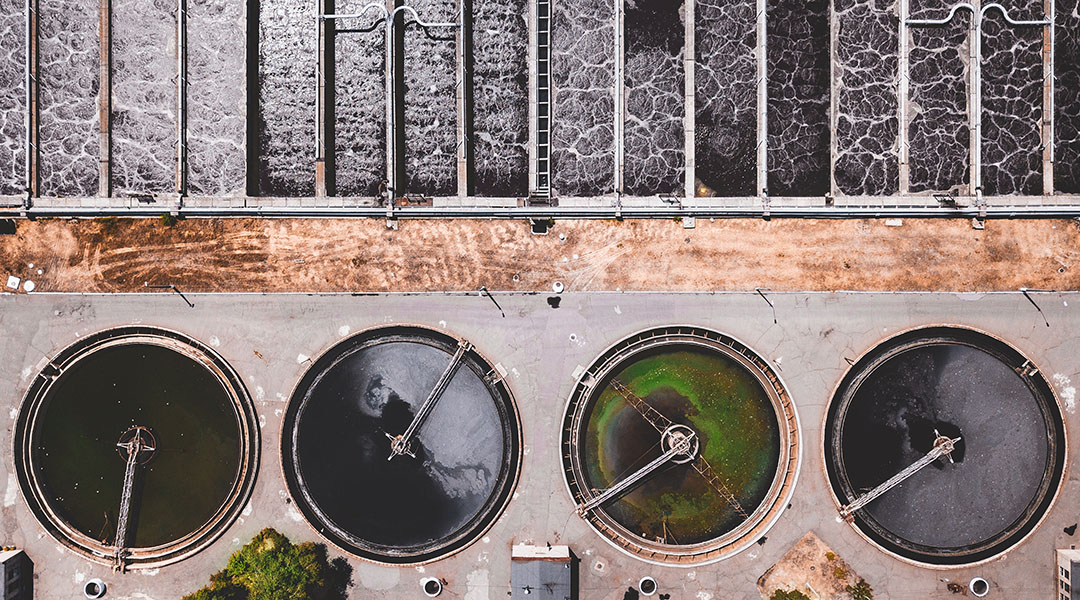
Researchers at the University of Illinois at Urbana-Champaign develop an energy-efficient device for purifying arsenic-contaminated water.